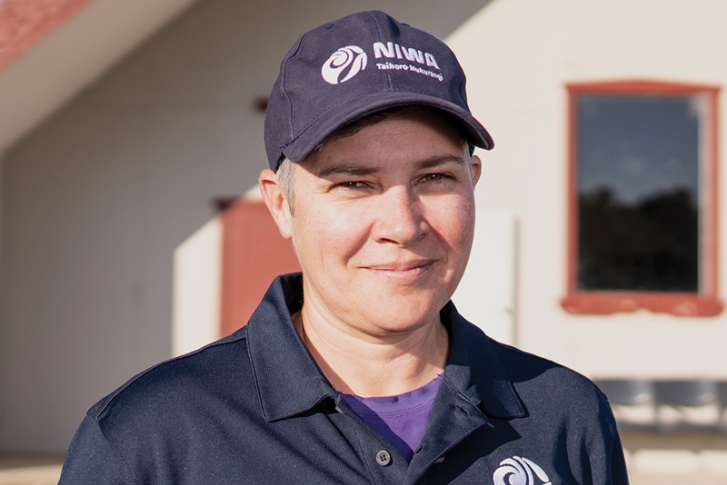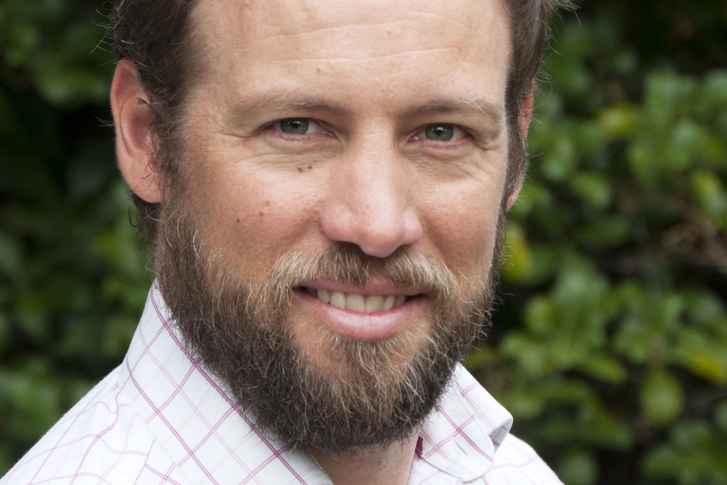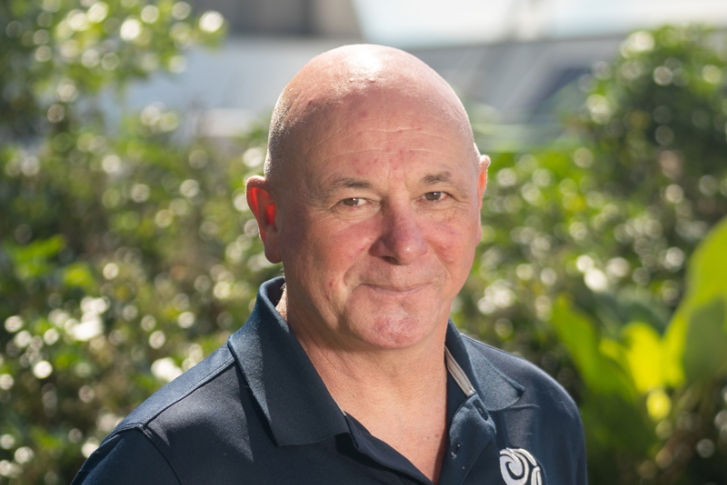Co-management and restoration of our freshwater taonga species
Freshwater Cultural Keystone (Taonga) Species such as tuna, kōura and kāeo/kākahi are central to the identity and wellbeing of many Māori communities throughout Āotearoa. For generations, these species have sustained communities and been vital in the transfer of customary practices and knowledge from one generation to the next.
Māori communities around the country note that the abundance, size and/or distribution of tuna, kōura and kāeo/kākahi is declining and that current populations aren’t sufficient to meet their needs (socially, culturally or economically). Māori communities must be actively involved in the sustainable management of these species, so their importance is recognised and prioritised in co-management, monitoring and restoration approach.
The research programme
Cultural Keystone Species (CKS) was a four-year (2016-2021) MBIE-funded research programme that scaled up and built on the freshwater taonga species research that NIWA has been undertaking with whānau, hapū and iwi around the country over the previous decades. It has co-developed research methods, tools and products with whānau, hapū and iwi that inform new and innovative management approaches for the protection, restoration and economic development of CKS.
This programme included interlinked studies centred around understanding what causes stress to freshwater taonga species throughout their life:
Each study was designed to meet the needs of our partnerships and generate transferrable approaches for use by resource managers and agencies involved in the restoration and co-management of Cultural Keystone Species.
The four research themes are:
- Understanding and maximising the survival of juvenile CKS life stages;
- Understanding the influence of multiple stressors and cumulative effects on CKS populations;
- Developing approaches to assess and communicate state and trends in CKS populations; and
- Developing interdisciplinary decision-making frameworks that value and support CKS populations.
Find out more:
Milestones from the CKS programme include:
- Significant advances in understanding the water quality and habitat needs of juvenile tuna, koura and kākahi
- New methods for understanding state and trend analyses that are directed by mātauranga Māori and informed by hapū-driven datasets
- Research that enables improved tuna, koura and kākahi restoration and management actions
- Publications available via Te Wai Māori website on the current state of taonga species and steps needed to improve management under a changing climate
- New taonga species booklets to provide accessible information about tuna, kākahi, inanga, koura, piharau and kanae life cycles.
The programme supported at least 30 researchers working in partnership with 20 hapū/tribal entities, 7 consultancies, 2 power companies and 15 regional and central government agencies.
Acknowledgements
Programme partnerships include Tipa & Associates, Kusabs & Associates, Ngāti Tahu-Ngāti Whaoa Rūnanga Trust, Ngā Kaitiaki o Ngā Wai Māori, Te Arawa Lakes Trust, Te Hikutu, University of Waikato, Bay of Plenty Regional Council, Northland Regional Council, Department of Conservation.
-
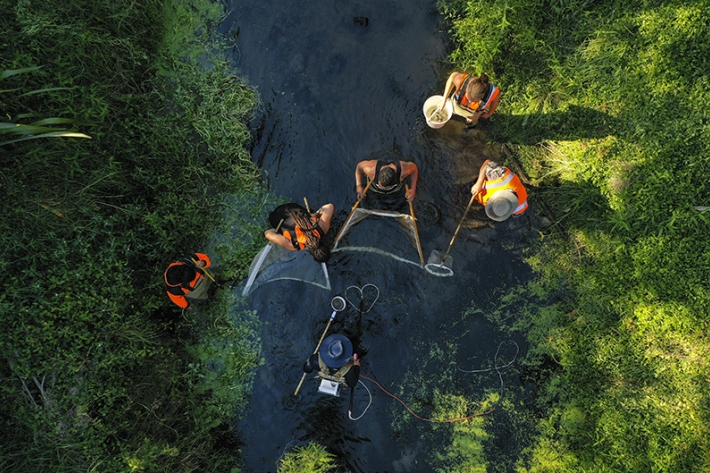
CKS2020 - Protecting our taonga together
Research projects within the Cultural Keystone Species programme where Mana Whenua undertake the fundamental research required to inform their unique responsibilities as kaitiaki. -
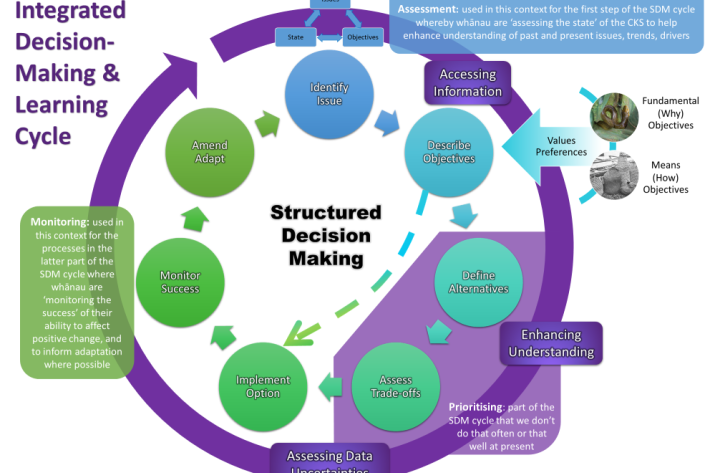
CKS2020 - Developing tools and frameworks
This programme developed approaches to enable the recognition and prioritisation of cultural keystone species (CKS) in co-management, restoration and monitoring to help sustain the social, economic and ecological health and wellbeing of Aotearoa-New Zealand’s freshwater ecosystems. -
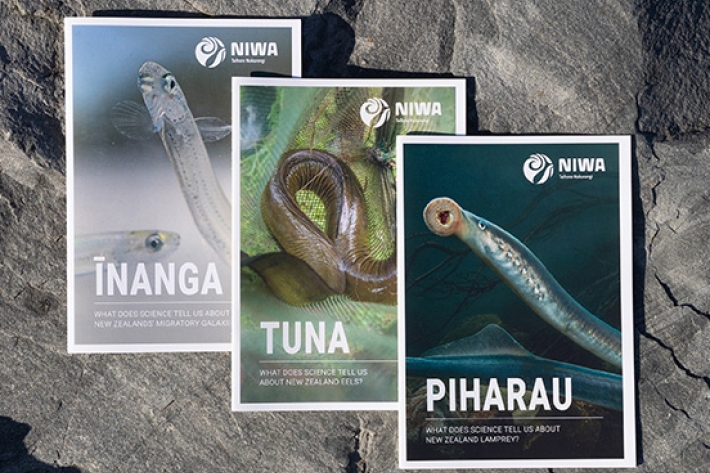
CKS2020 - Communicating state and trends
New ways to communicate the state and trends of taonga populations. -
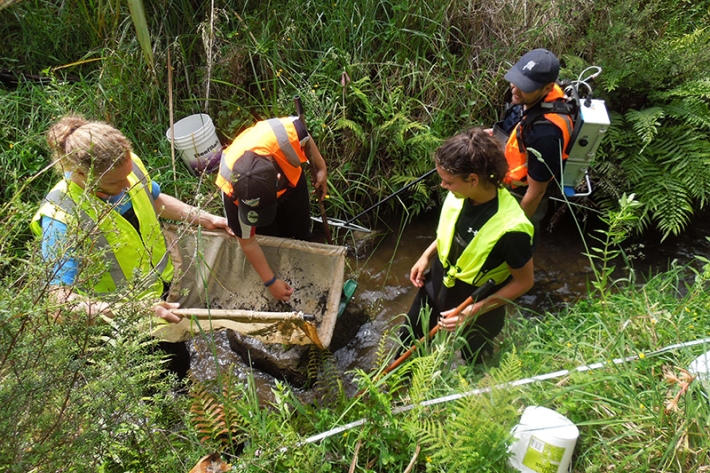
CKS2020 - Building Aotearoa-New Zealand Research Capability
In collaboration with the University of Waikato, the CKS team has also supported students and scholarship interns through a variety of practical experiences.

